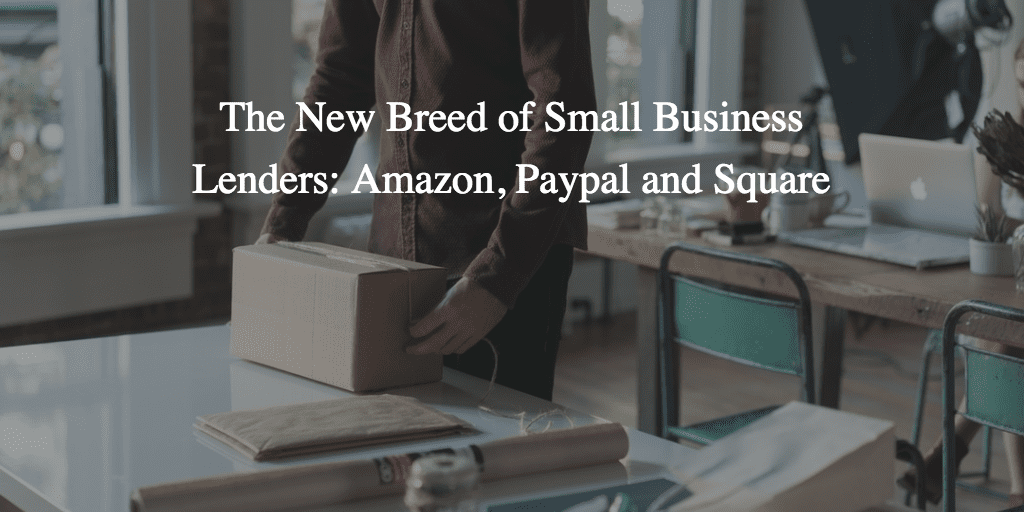While giving a speech the acting head of the OCC stated that banks need more competition not less; he also commented on companies like Amazon or Apple becoming banks, Noreika states; “Laws that prevent companies with resources and means from becoming competitor banks only serve to protect existing big banks from would-be rivals”; as Crowdfund Insider reports the benefits of having big tech companies become banks could help to lower cost, increase access and help to serve those who might be left behind by traditional banks. Source.
One of the first posts I ever wrote on Lend Academy back in 2010 was about mulling the idea of...
American Banker reports on the lobbying group called Financial Innovation Now and that some technology giants are meeting individually with government agencies; Amazon met with the OCC starting in the second quarter of 2016 and met again this year; PayPal has also met with OCC officials in several quarters last year. Source
USAA went live on Wednesday with a virtual assistant that works with Amazon's Alexa voice interaction device; Alexa will be able to answer commands from consumers who ask about accounts, balances, spending and transactions; USAA is now one of many financial institutions working with Alexa and as American Banker points out the USAA version is more flexible with voice commands than other institutions; when prompting Alexa they do not need to say the command a certain way, they can say the command as they wish; USAA is working with software company Clinc to customize their experience, as Jason Mars, Clinc's CEO, tells American Banker, "You've got this ability to speak to it in a messy, convoluted way, and the AI can understand everything, you feel like you're speaking to a human in the room." Source
Amazon will now allow customers to add cash to their Amazon accounts through barcode scans at participating retailers throughout the US; funds will be immediately available for use; the firm says the initiative is expected to target underbanked customers; Morgan Stanley says the announcement could decrease the chances of the firm partnering with PayPal for payments which is a deal the market has been potentially anticipating between the two companies. Source
Peter Renton, Founder of Lend Academy reports on the potential of Google, Amazon, Facebook and Apple being the fintech leaders of tomorrow. Source
In its annual banking report McKinsey & Co. said there is the potential for 40 percent of revenues that could be at risk by 2025 from firms like Amazon entering the space; Asheet Mehta, one of the authors of the McKinsey report, said in an interview reported by American Banker "E-commerce and tech giants are under pressure to keep increasing revenue, and financial services is a large pool they can go after. We're starting to see that." Source.
Amazon is fast becoming the financial services company of the future; they now have their hands in payments, cash, small business lending, consumer credit and more; partnerships with companies like USAA and Capital One who use Amazon's Alexa digital assistant have emerged; this all shows the threat Amazon poses to traditional banking giants, though there has been no indication they want to become a bank themselves; JPMorgan Chase has started using Amazon's cloud-based AWS service to build a hybrid private-public cloud strategy; AWS sales increased 42% on a year-over-year basis to $4.1 billion for the second quarter; banks are starting to become technology firms and technology firms are helping to change the way banks operate. Source
If asked where to get a small business loan most people would state their local banks or even some of the bigger traditional...
Capital Float will partner with Amazon India to provide loans for e-sellers; Capital Float will provide the loans through a credit facility called Pay Later which it is already using with e-commerce clients PayTM, Snapdeal and Shopclues; with the Pay Later solution, Capital Float is well positioned to service a fast growing e-commerce market which is expected to grow revenues from $30 billion in 2016 to $120 billion in 2020. Source



